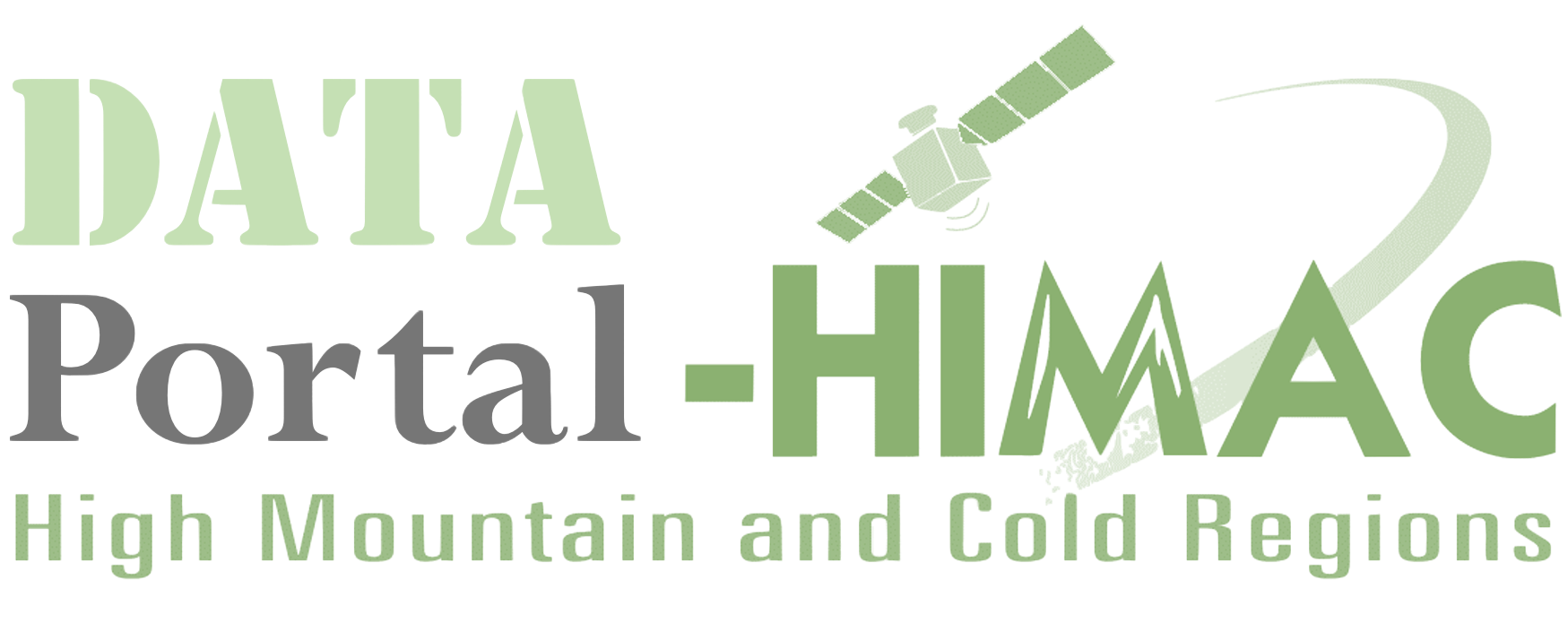The International Directory Network (IDN)
Data and Resources
Additional Info
| Field | Value |
|---|---|
| Source | https://idn.ceos.org/index.html |
| Last Updated | May 26, 2021, 02:28 (UTC) |
| Created | October 6, 2020, 13:40 (UTC) |
| Country | USA |
| Data Management | ECHO has been replaced by the Common Metadata Repository (CMR), a high-performance, high-quality, continuously evolving metadata system that catalogs all data and service metadata records for the EOSDIS system and will be the authoritative management system for all EOSDIS metadata. |
| Data Policy | SCAR (see www.scar.org) is charged with initiating, developing and coordinating high quality international scientific research in the Antarctic region, and advising on the role of the Antarctic region in the Earth system. The scientific business of SCAR is conducted by its Standing Scientific Groups in the Physical-, Life- and Geo- Sciences which represent the scientific disciplines active in Antarctic research. These groups share information on disciplinary scientific research being conducted by national Antarctic programmes; identify research areas or fields where current research is lacking; coordinate proposals for future research by national Antarctic programmes to achieve maximum scientific and logistical effectiveness; identify research areas or fields that might be best investigated by a major SCAR Scientific Research Programme; and establish Action and Expert Groups to address specific research topics within the discipline. SCAR related research data is highly multidisciplinary and disparate. This policy aims to provide a framework for these data to be handled in a consistent manner, and to strike a balance between the rights of investigators and the need for widespread access through the free and unrestricted sharing and exchange of both data and metadata. This policy is compatible with the data principles of SCAR’s parent body, ICSU and other relevant international agencies (e.g. WMO), and with the goals of Article III 1 c of the Antarctic Treaty. Since SCAR coordinates a distributed programme of research, generally implemented through a number of nationally self-managed projects, the principles enshrined in this Data Policy should be applied to data in each SCAR-endorsed Project. In order to be considered part of a SCAR Research Programme, each Project should follow the SCAR Data Policy, submit metadata and linked datasets to the Antarctic Master Directory (AMD - gcmd.gsfc.nasa.gov/Data/portals/amd/) in a reasonable timeframe, and should have an appropriately funded data management plan in place before the Project begins. Nations affiliated with SCAR are urged to establish a National Antarctic Data Centre (NADC) or assign NADC responsibilities to an existing national institution capable of carrying out NADC obligations. NADCs in collaboration with SCAR Research Projects and Programmes will work towards developing a SCAR Antarctic Data and Information System (ADMS). The SCAR Standing Committee on Antarctic Data Management (SCADM) is responsible for this Data Policy. Questions about the policy and its implementation should be directed to the SCADM Executive (see http://scadm.scar.org). AGU affirmed in its 2012 position statement that “Earth and space science data should be widely accessible in multiple formats and long‐term preservation of data is an integral responsibility of scientists and sponsoring institutions.” Following this statement and to advance scientific exploration and discovery, and allow a full assessment of results presented in AGU’s journals, all data necessary to understand, evaluate, replicate, and build upon the reported research must be made available and accessible whenever possible. |
| Data Sharing Principle | The user must be logged in to download data using any of the methods below. Earthdata Search enables users to download data through various methods. These methods include: Individual Granule(s): Single Granule - Direct download of a single granule. The selected granule will download immediately. Additive Granule - Download of one or more granules using the additive granule model. Individual granules may be added to project and available for bulk download using one of the methods below. Direct Download - Direct download of all data associated with the selected granules. The desired data will be available for download immediately. Files will be accessed from a list of links displayed in the browser or by using a download script. Stage for Delivery - Submit a request for data to be staged for delivery. Data files will be compressed in zip format and stored for retrieval via HTTP. The user will receive an email from the data provider when the files are ready to download. Customized - Select options like variables, transformations, and output formats to customize the data. The desired data files will be made available for access after the data provider has finished processing the request. The user will receive an email from the data provider when the files are ready to download. OPeNDAP - Open-source Project for Network Data Access Protocol. Allows subsetting of variables using science keywords. |
